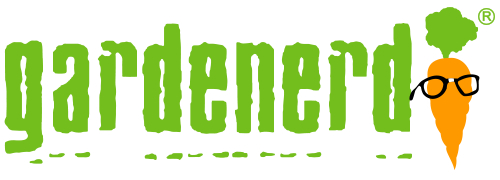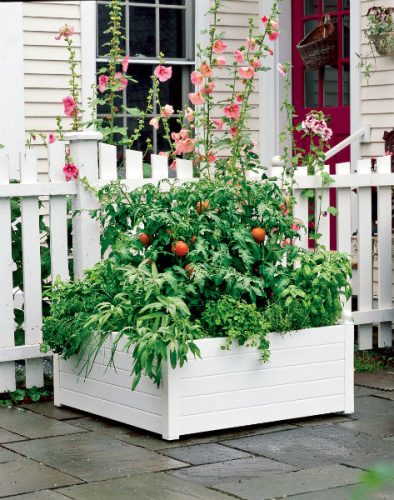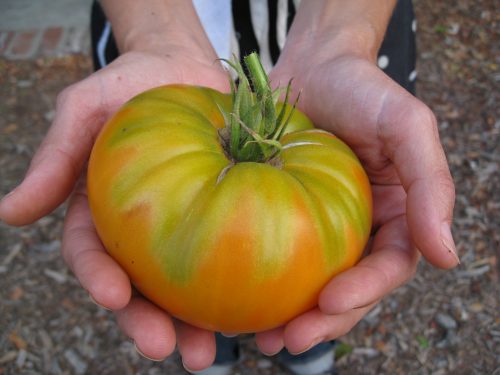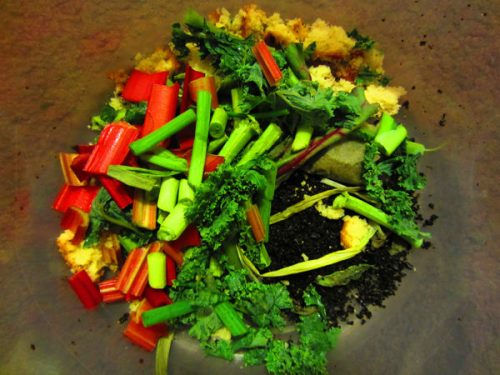Another great question came in this week at Ask Gardenerd:
“[I] did the soil test today. Turns out the pH is 6.0-6.5. The N,P, and K were depleted (even paler than depleted). No wonder my cover crop in this virgin soil is defeated. What is your recommendation to get these elements into the soil?”
First of all, I want to raise my hand and testify with you that I, too, have gotten the same test results in my garden at times. If soil could walk, it would have been the walking dead. That said, there are many ways to get your soil back in shape. Let’s explore that:
Compost – I mention compost first, because compost can help not only build nutrients in your soil, but it will help keep them in place when you add more nutrients. Sandy soil tends to lose nutrients quickly because the soil structure drains rapidly. Compost also helps aerate clay soils to allow for nutrients to penetrate soil better. Start by adding a LOT of compost.
All purpose organic fertilizers – Organic fertilizers are either granular or liquids that bump up your NPK (that’s Nitrogen, Phosphorus and Potassium) ratings. Most fertilizers are available in blends for specific things like vegetables, fruit trees, acid-loving plants, etc. You will find the N-P-K rating on the bag as a number that usually looks something like this: 10-7-7. The numbers correlate to N, P and K respectively. The instructions on the bag will let you know how much to add per square foot.
Isolated NPK fertilizers – Organic fertilizers come mostly from animal by-products. You will find boxes on the nursery shelf (Whitney Farms is a good one) of Blood meal, Bone meal, Fish meal, Rock Potash and the like. These usually have a lot of one thing and very little of the others. For example: Dried Blood has a lot of nitrogen, but negligible phosphorus and potassium, whereas Rock Potash has no nitrogen or phosphorus to speak of, but plenty of Potassium. You can treat your soil this specifically if you need to.
Liquid fertilizers – I highly favor kelp emulsion on my list of fertilizers. Both fish and kelp emulsions are highly concentrated liquids that are diluted and then applied to plants for low-level fertilizing as the plants grow. These emulsions have a broad range to trace minerals that help improve plant production and encourage healthy soil.
Animal manures – it may stink, but it’s a great way to amend your soil. It’s mostly nitrogen, but it also has phosphorus and potassium as well as trace elements that help your garden grow. Fair warning: most livestock (chickens and cows especially) are being fed corn and hormones, so there’s really no way to garden completely organically unless you know the source of those by-products. Manures are also the sure fire way to get your compost bin cooking. Either way, you want to make sure any manure you use is well composted or else it will scorch your plants.
One more thing to mention – worms. Vermiculture can turn cruddy soil into a beautiful loamy garden. They ingest your kitchen scraps and in return, they deposit castings (aka poop) in your soil, making it rich and perfect for growing. These things aren’t instant, but over time they help bring life to walking-dead soil.
Thanks for writing in.



